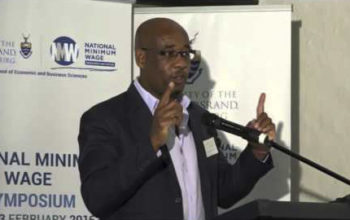The COVID-19 pandemic has had an overwhelming impact across the world on all spheres, affecting the fulfillment of the economy, social security, food production...
- Home
- About SPII
- Research and Advocacy
- Resources
- Media
- COVID-19
- COVID-19 Response
- NEDLAC Community Constituency: Submission to Government on the Extension of Covid- 19 Social Cash Transfer Grants to the end of the Fiscal Year (31 March 2021
- Universal Basic Income in South Africa: Perspectives from Private Sector and Civil Society
- SPII’s COVID-19 Work
- Discussion and Debate
- Impact of COVID-19 on Poverty
- Leaving No One Behind While Building Back Better
- Social Protection in South Africa: Building back better post-COVID-19 – Webinar
- Challenges, Costs and Important Learnings From the Covid-19 Pandemic
- Grants Still Not Paid Out
- How Covid-19 Created a Humanitarian Crisis in SA – Podcast
- Economics Unbound: 09 July 2020
- SA Lockdown I Impact of COVID-19 on the poor: Isobel Frye
- Society Talks 2: COVID-19 economic relief packages and the future of social protection
- Leadership Response
- Unemployment and a Basic Income Grant
- Ramaphosa’s Covid-19 stimulus
- Resources
- SPII COVID-19 Policy
- Basic Income Grant (BIG)
- Other
- Contact Us












